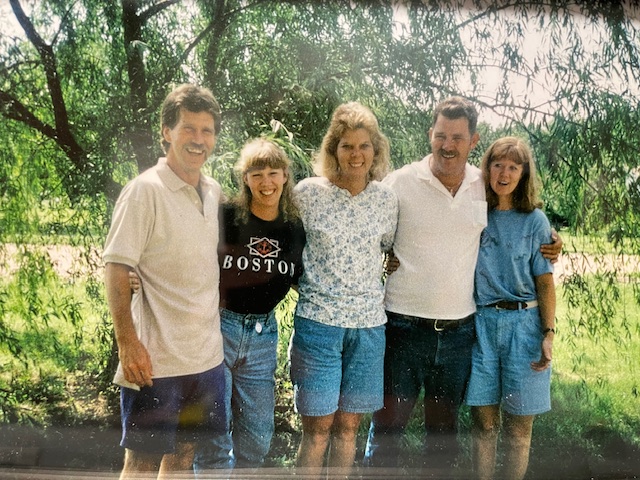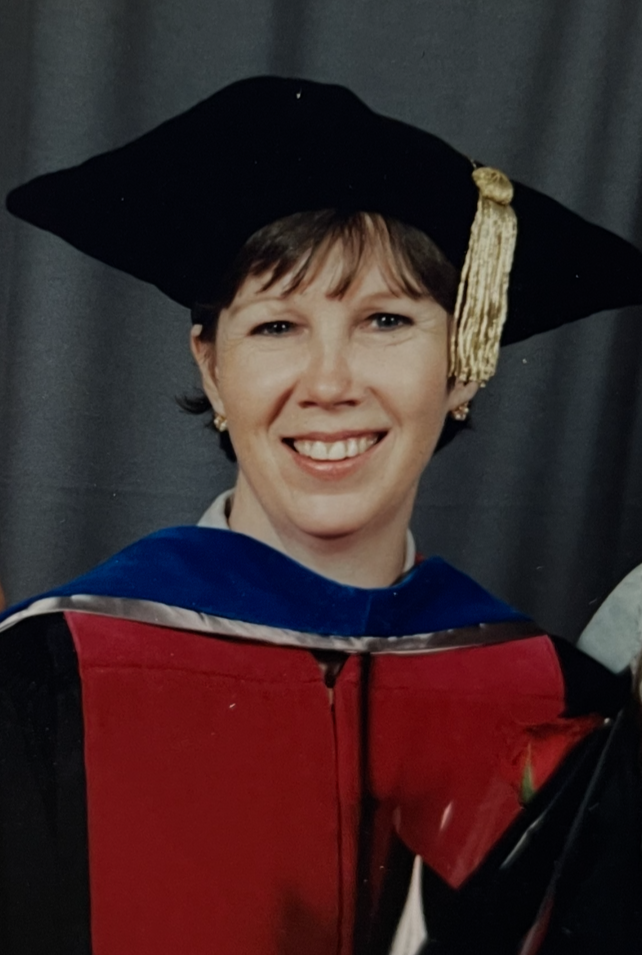The Role of Siblings in Healing in This Big
The relationship between siblings becomes a lifeline in the face of a broken family in Dr. Deborah’s intensely emotional story in This Big. This moving autobiography demonstrates how, even during the most trying times, siblings can be a vital source of love, support, and a feeling of community. Siblings as a Source of Assistance Deborah’s biography from the start captures the priceless relationship she has with her siblings. In an unpredictable world, they were her constants. These connections served as her emotional pillars, whether it was her older sister Judy taking on the role of caregiver or her brothers providing her with little respites through games and chats. They filled the gap left by others by offering the affection and safety that were lacking elsewhere. The sibling bond protected them from the cold, aloof surroundings, even in the orphanage. Deborah remembers times when Judy, who was still a child herself, reassured her siblings and lifted their spirits at bedtime with whispered assurances and laughing. This mutual fortitude served as the cornerstone of their recovery, demonstrating how siblings can support one another through hardship. Time Healing and Shared Memories The way that sibling memories serve as a salve for their wounds is among the book’s most endearing features. Deborah thinks back on special times spent together, such as skating, delivering newspapers with her brother Ricky, or just being there for each other. These brief moments of happiness among the chaos provided some sense of normalcy and served as a reminder of the beauty of family. Despite their divergent paths in life, Deborah’s heart will always hold the moments they made together. They turned into a source of solace and a reminder that the sibling bond is unbreakable in spite of life’s challenges. Recovering From Loss The siblings relied on one another to get through the sadness as the family suffered devastating losses, including the passing of her brothers Ricky and Chris. These incidents demonstrated how crucial sibling connections are for both surviving life’s bad points and enjoying its bright points. Their bond was reinforced by their mutual suffering of loss, which promoted recovery via harmony and comprehension. Deborah encapsulates the lasting influence her brothers had on her in her reflection on their lives. She shows how the memories of siblings can inspire and heal long after they are gone by celebrating their humor, generosity, and unshakable love. Lessons From This Big Deborah’s tale in This Big serves as evidence of the beneficial value of sister connections. Her stories demonstrate that siblings are more than simply family; they are also co-authors of memories, partners in resiliency, and sources of hope in the darkest hours of life. Her experience also emphasizes how crucial it is to preserve these relationships, particularly under trying conditions. Siblings have a special power to heal emotional scars and serve as a reminder of the strength that comes from connection, whether it is through shared laughter, consoling words, or just being there. Deborah’s siblings’ tenacity serves as a lesson that these relationships frequently reflect our fortitude. Siblings offer perspective and unwavering support by witnessing our most vulnerable and successful moments. These interactions leave a lasting impression on who we are, whether through shared grief over loss or the fun times of youth. Readers are encouraged to consider their sister relationships and acknowledge the significant influence they have on our lives by reading Deborah’s story. Siblings are frequently the light that leads us toward healing, even during the most trying moments, as this Big reminds us. This moving story is more than just a biography; it’s a celebration of the bonds that bind us and the strength that comes from family.



